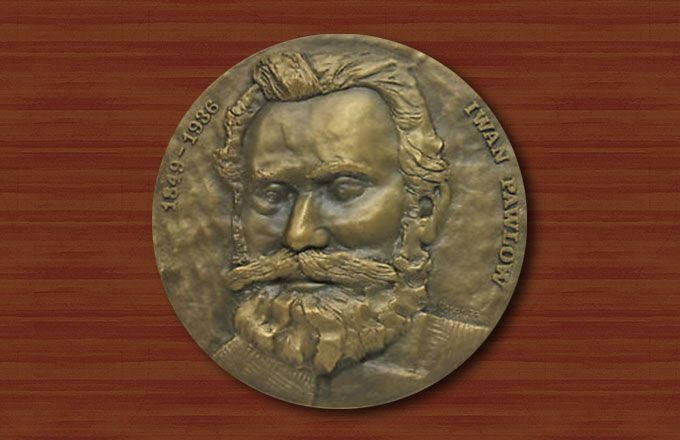Pavlov was awarded the Nobel Prize in 1904
Even while his most well-known study, which demonstrated how an external stimulus may affect a behavioral reaction, was ground-breaking, Pavlov was awarded the Nobel Prize in 1904 for a distinct achievement. Four years in a row, Ivan Pavlov was nominated for the Nobel Prize; he only triumphed in 1904 though. Because neither medicine nor physiology was precisely connected to all of his studies and study.
He was recognized for his work on the digestive system of animals. After surgically removing a dog's esophagus, Pavlov fed the animal and measured the digestive fluids produced by the pancreas and stomach to study how the process of digestion functioned.
Many branches of physiology and the neurological sciences have been influenced by Pavlov. His studies focused mostly on involuntary reflex responses, training, and temperament. After 12 years of study, Pavlov conducted and oversaw studies on digestion before releasing "The Work of the Digestive Glands" in 1897. In these trials, nonhuman animals' digestive systems were surgically removed in order to study the contents of the organs, the consequences of cutting nerve bundles, and the implantation of fistulas between the digestive system and an external pouch. This study serves as the foundation for further extensive studies on the digestive system.






